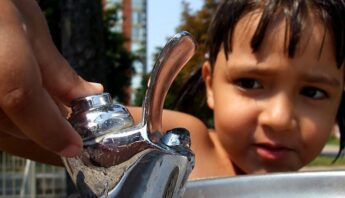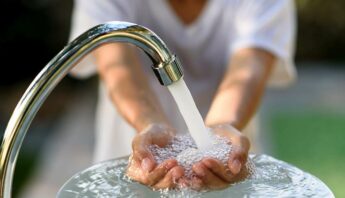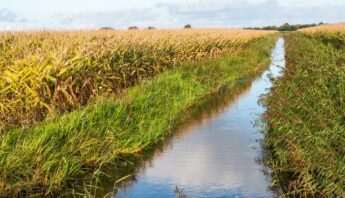This summer, the State Water Resources Control Board announced their plans to get a cancer-causing chemical out of California’s water. This is very big news. According to state monitoring data, more than one million Californians may have unknowingly been exposed to the carcinogenic “garbage pesticide” 1,2,3-trichloropropane (TCP) in their drinking water.
Officials found 1,2,3-TCP in about 100 public water systems; most detections were in the Central Valley, with some in Santa Cruz, Monterey, Sacramento and Los Angeles counties. For people in rural agricultural communities, 1,2,3-TCP exposure comes on top of other harmful pesticides that drift into homes and schools from nearby fields.
The Board is proposing a new, health-protective standard for the chemical in water supplies: a Maximum Contaminant Level (MCL) of five parts per trillion. If this standard is adopted, it will be an important step in cleaning up water supplies for rural Californians. Strong pesticide industry pushback is expected.
A “garbage pesticide”
1,2,3-TCP is a by-product of plastic waste from Shell Chemical and Dow plants that scientists identified as a carcinogen more than 25 years ago. From the 1940s to the 1980s, it was mixed with the pesticide fumigant Telone and applied on strawberries, nut crops and fruit trees throughout the state — though Dow’s own scientists have admitted that 1,2,3-TCP does nothing to control soil pests.
As the fumigant mixture was injected into the soil to control nematodes, it was also contaminating groundwater with a potent carcinogen.
Reporter Sasha Khokha noted on The California Report, “Some water systems in the Central Valley have levels of 1,2,3-TCP that push the potential cancer risk to roughly one in 6,000.” The state’s public health goal for lifetime cancer risk from chemical exposure is much lower: one in one million.
Telone itself is a problematic chemical, pulled from the market in 1990 after it was linked to cancer. Yet it’s still being used in California fields, thanks to a state loophole that allows for application of stocks produced before the ban.
What now?
For many communities in California, the presence of 1,2,3-TCP is an ongoing, silent health crisis. Towns and cities throughout the Central Valley — including Fresno, Clovis, Visalia and Stockton — have filed lawsuits against Dow Chemical and Shell Oil to ensure the corporations take responsibility for this contamination.
In a few cases, Dow and Shell have paid to clean up drinking water supplies, but still refuse to admit any wrongdoing. For small unincorporated communities like Woodville in Tulare County, cleaning up the 1,2,3-TCP found in the town’s two drinking water wells would mean installing expensive carbon filtration systems, and is simply out of reach.
Our partners at Clean Water Action and the Community Water Center are organizing support for the newly proposed stringent and enforceable standard for 1,2,3-TCP in drinking water. We’ll be tracking this issue closely as state policymakers determine next steps this fall. Stay tuned for opportunities to help ensure Dow and Shell are held accountable!







